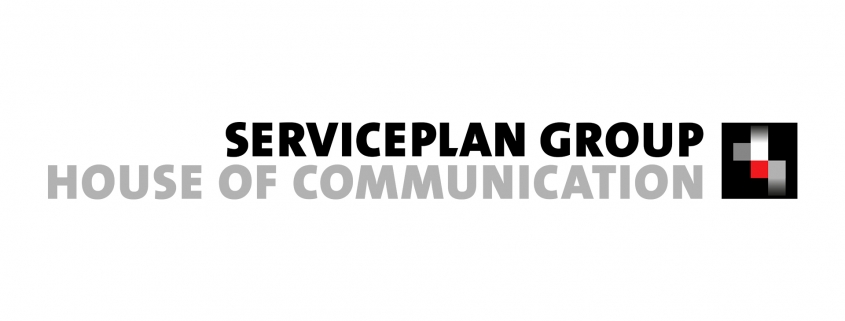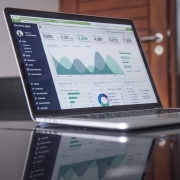- The most relevant SEO News for February 2020 - 26. February 2020
- The most relevant SEO News for January 2020 - 21. January 2020
- The most relevant SEO News for December 2019 - 23. December 2019
- The most relevant SEO News for November 2019 - 25. November 2019
- Don’t be afraid of Google’s BERT - 31. October 2019
- The most relevant SEO News for October 2019 - 31. October 2019
- The most relevant SEO News for September 2019 - 25. September 2019
The issue of security doesn’t just motivate people when they’re casting their vote; it also motivates them on the internet. This is where the search engine giant Google is now exerting its market power. Also in SEO news – trends and new developments in the B2B sector and the Chinese market, the end of a long relationship, as well as a fresh look at a fundamental question: do I really need backlinks to be successful in SEO?
1) Google withdraws confidence in Symantec
Google has announced that it plans to withdraw confidence in Symantec’s security certificates and is going to remove them from its Chrome browser step-by-step. With a market share of around 40 per cent, Symantec is the largest issuer of security certificates, e.g. for verifying secure SSL connections. Google is criticising Symantec for alleged quality deficiencies and will gradually withdraw confidence in Symantec’s products from March 2018. Users of the popular Chrome browser will no longer be able to directly access websites with the affected certificates. Webmasters are now being asked to implement an alternative for Symantec certificates as fast as possible.
2) Great SEO potential in B2B
The US search engine has, for the first time, called on around 4,500 German politicians to fill in the contents of the information box to the right of the search results with their own ideas on the election program. The politicians are given a maximum of 500 characters to present their manifestos and appeal to their voters. Additionally, each politician can make three main points, each with a maximum of 140 characters. According to a statement from the company, the offer is optional and is primarily aimed at candidates who are not yet well known at an election level.
3) 2017: What’s new at the Chinese search engine Baidu
Baidu, the Chinese search market leader with around 77 per cent share, is copying the strategies of its American competition to a large extent. With their version of mobile-optimised websites, MIP (Mobile Instant Pages), the Chinese are backing the same horse as Google with AMP (Accelerated Mobile Pages). The preferred presentation of secure HTTPS websites and the relatively new Progressive Web Apps (PWA) technology also underline the fact that Baidu wants to see itself as a technology leader. In addition to an algorithm update called “Hurricane”, which cracks down on illegally-used, protected content, Baidu has also introduced a new crawler that is better able to understand the layout and UX of the page examined. Here’s some practical SEO tips for the Chinese market – a website should not be larger than 128KB and, if possible, URLs should be shorter than 76 characters. You should therefore avoid using Chinese characters in the URL. In contrast to Google or Bing, you can de-index 404 pages using an XML file, and new domain endings, such as .TOP or .WIN are categorised as spam by Baidu.
4) Apple’s Siri now loves Google (not Bing any more)
People that search on their iPhone using Siri in the future will no longer be shown search results from Microsoft Bing when Apple’s voice assistant can’t provide a spoken answer. The group based in Cupertino in California explained its decision to change the iPhone search provider due to wanting to standardise search technologies between its iPhone (Siri) and Mac (Spotlight) platforms and in internal searches on iOS. Apple states that the displayed results will include website links and video. Since the market launch of the iPhone 4s in 2011, the Siri voice assistant has used Microsoft’s Bing search engine as standard.
5) Bing: Links are still an important ranking factor
In the beginning there was the link. The era of PageRanks started in 1997 with Google. PageRanks weights websites according to the number of links and the quality of its linking structure. For many years this meant that a good backlink was the gold standard in the SEO sector. Unfortunately, the optimisation industry is exploiting the potential for manipulation in this technology, meaning that search engines started to downgrade links as a ranking factor in 2012. They were replaced with metrics that are less open to manipulation, such as social signals, clickstream data or engagement data. This doesn’t mean that the age of backlinks is anywhere near over though. Microsoft has now confirmed that its Bing search engine is still not at the point where backlinks can be forgone as a ranking factor. Microsoft states that outbound links that add value from authoritative pages are essential.
This page is available in DE




